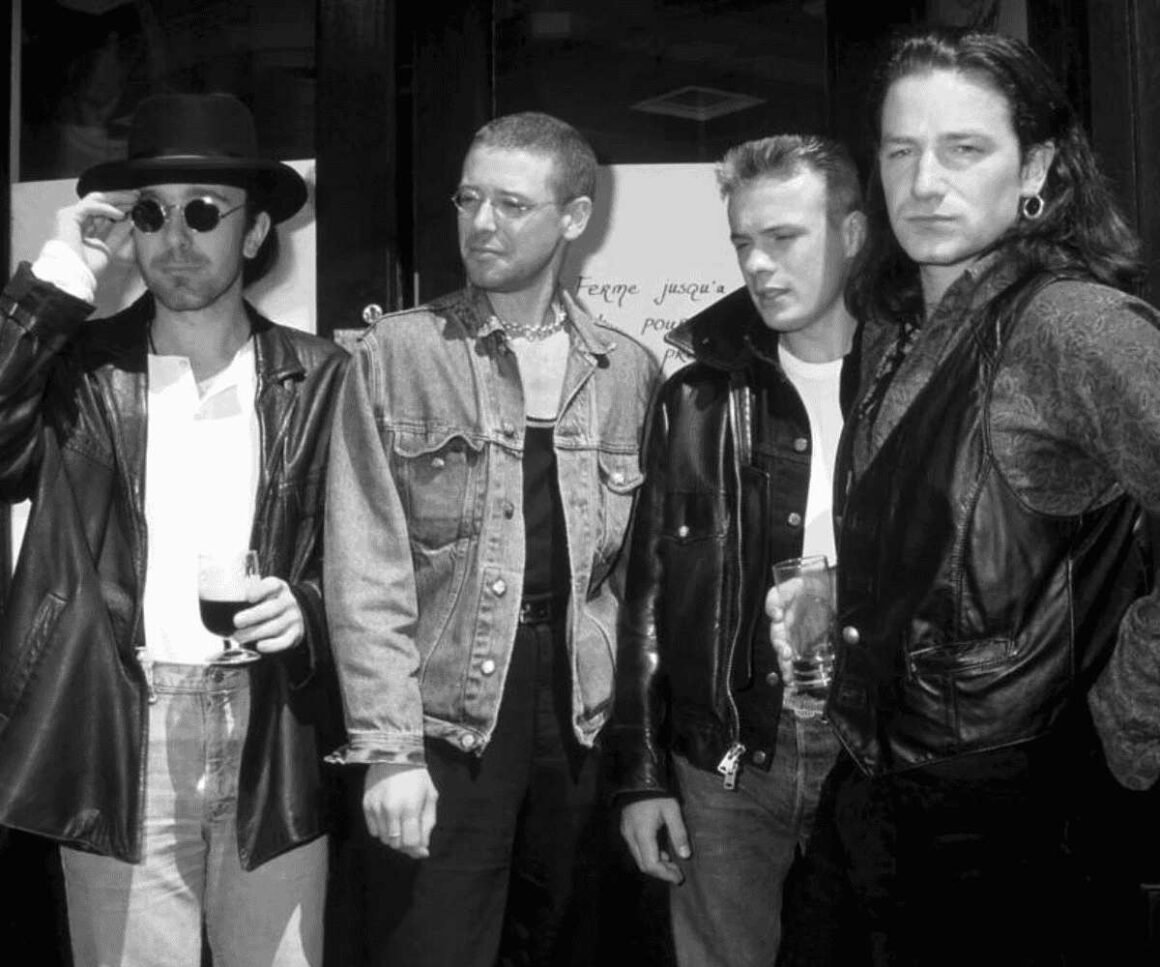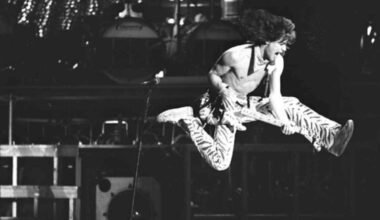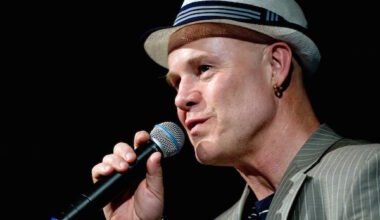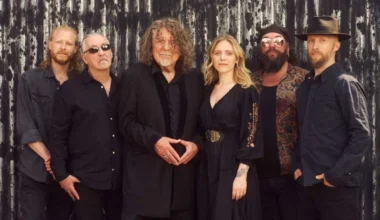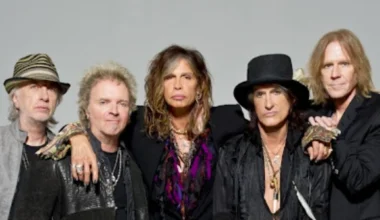Success isn’t always a measure of greatness. Take, for example, Chlamydia—technically, it’s successful, but no one’s lining up to give it admiration.
The same logic applies in the world of art and music. Record sales might suggest a certain reverence from the public, but as Superhans famously said, “People like Coldplay and voted for the Nazis, you can’t trust people.” It’s a sentiment Henry Rollins has long stood by.
Bono, U2’s iconic frontman, seems to have reached a moment of reckoning with his own success. Recently, Bono admitted that the band makes him “cringe.”
In his words: “I do think U2 pushes out the boat on embarrassment.” This from the man known for his wrap-around sunglasses and once flying his favorite hat first class to Italy.
However, Henry Rollins, the thick-necked former Black Flag frontman, was ahead of Bono on this realization. For Rollins, U2 isn’t just embarrassing; he thinks they’re downright bad.
Rollins didn’t hold back when criticizing U2. “They have the worst rhythm section in big rock,” he declared.
“That is the most plodding, corny rhythm section ever to fill a stadium.” But despite Rollins’ disdain, the band has undeniably filled stadiums.
Their U2 360 Tour, which ran from 2009 to 2011, became one of the highest-grossing tours of all time, pulling in an enormous $736 million over 110 shows.
With an average attendance of 66,000 per concert, U2 played some of the largest venues around the globe, including Barcelona’s Nou Camp.
Ticket prices for these massive shows were surprisingly reasonable. In the U.S., they ranged from $30 to $55 (adjusted for inflation, that’s $41 to $68 today), with higher-tier packages available for $90 and $250.
So, for all their perceived faults, U2 was not entirely predatory when it came to their fanbase. Still, this doesn’t seem to justify their persistent dominance, at least not in Rollins’ eyes.
“If you look at some of those records,” Rollins said in an interview on KZSC, “they’re mediocre Brian Eno records with a bad band in the way.”
Rollins suggested that U2 relies on producers like Eno or Daniel Lanois to prop them up, calling Bono a “cabaret singer” and U2 a “one-trick pony.”
Yet, despite Rollins’ scathing critique, U2 has managed to draw in significant talents like Eno and Lanois over the years.
This contradiction makes it hard for many to separate U2’s early triumphs from what Rollins views as their later failures, not due to any scandal, but simply because of their perceived pompousness and lack of substance.
For Rollins, U2’s brand of grandstanding, particularly Bono’s mix of self-promotion and world-saving activism, veers into uncomfortable territory.
“I just think when you campaign [to promote both your band and world peace], it turns into a little bit like grandstanding, to me,” Rollins mused. “Some people are completely immersed in charities for 80 to 100 hours a week, and he just kind of goes from one to the other. Is he on the road working for that? Or was it just for Newsweek?”
Even with these criticisms, Bono’s activism hasn’t dissuaded legendary producers from working with U2.
Brian Eno, who made iconic albums with Roxy Music, David Bowie, and Talking Heads, was lured into what Rollins called U2’s “seedy lair.”
In Rollins’ view, Eno’s involvement couldn’t save U2 from their “plodding” rhythm section. Yet somehow, despite Rollins’ biting words, U2’s music has proven to be more infectious and lasting than many would have expected.
In the end, whether you see U2 as the epitome of stadium rock or as Rollins described them—mediocre, grandstanding, and overrated—they’ve undeniably carved out a lasting legacy.
And even though their rhythm section may not win over everyone, it’s filled enough arenas to keep the band at the top for decades.

